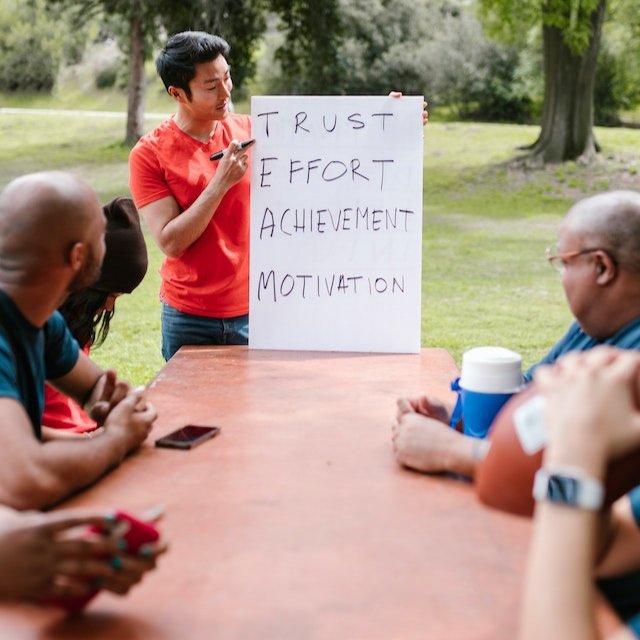It is true that everyone can be or has been in one form of leadership position, but the qualities to exhibit there is entirely dependent on how you have built and developed yourself. Your academic or even social qualifications may grant you access to a leadership position, but to sustain you there, and to make the maximum impact, you will need more than just your qualification. In our last episode, we took a loot at some qualities that a leader needs to possess or develop so as to function effectively in a leadership position. So let us consider some more qualities.

1. You must have empathy
As a good leader, you should be interested in how others feel too. Of course, you have to know that, as long as you have people working with you, then the organisation does not revolve around only you. You need to also try to walk with the consciousness that they are humans with choices, opinions, and feelings. When you put yourself in the shoes of the people that you work with, and maybe try to walk a mile in their shoes, you will understand what effective leadership entails.
It is true that the bulk of the decision to make lies on your shoulders, because it is your responsibility, but it does not mean that you should not see things from the perspective of others, and it does not also mean that you should not welcome their opinions. Your empathy also suggests that you will give your followers a good working condition to make their job easier and for better productivity.
More often than not people normally add "ability to work under pressure" in their CV when they are looking for work, but it does not mean that you will constantly put them under pressure because they told you they can work under pressure. Even if they do, it will not be as productive as it would have been if you have provided them with good and conducive working environment. Still on the empathy; you should try to judge less, especially when you have not taken time to know the reasons behind the actions or the intention of others. Also try to be supportive at all times. If your followers know that you will always support them in their crossroads, they will have no problem also supporting your leadership.

2. Effective time management
One thing to understand is that time is among the very assets that should be utilized by any organisation. As a leader, you have to learn how to manage and utilise time effectively so as to turn time in your favour. In order to do this, there are factors you need to understand: firstly, you have to learn to prioritise. When undertaking a task, you have to prioritise them in the order of importance and then treat them in their matter of urgency. If you leave the major thing that you should have done to major on the minor, then you have already defeated the time allocated for the thing. As a leader, time should be your ally and you should not waste it on irrelevances.
Another way to effectively manage time, as a leader, is to multitask with time. In order to do this, you have to delegate duties instead of trying to get all of them done by you alone and end up wasting time in futility without achieving anything. The truth is, you are a leader but it does not mean that all the work should be done by you. You have to trust your followers to the extent of delegating duties to them and trust their judgement and perception.
When you have tasks to perform or delegate, you have to also know the time allocated for the completion of the task. This will help you to know if you are right on course or you have been wasting your time. You should also learn to know when to move on from a method or format that seems not to be working to another one without wasting time, and when to say "no" and "yes" without the need to allow sentiments to influence or compromise your actions and thoughts. You should also bear in mind that as a leader in any capacity, your actions can go a long way to determine how the organisation succeeds or not.
Thanks for reading


As they are solving the problems the leader is developing more capabilities to face the future and this in turn is motivating much more to his team, developing new leaders for the near future.greetings @samminator
Well said. A leader should be able to develop themself to face future challenges.
Thanks friend @dimarmaca